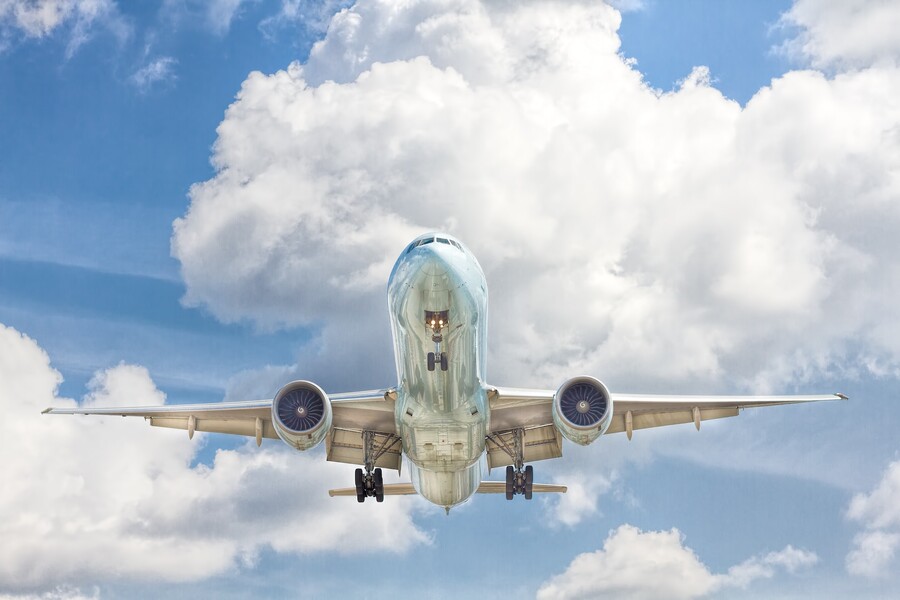Are we on the brink of a paradigm shift in aviation safety?
The recent release of the European Plan for Aviation Safety 2023-2025 (EPAS), the ICAO manual on Human Performance (ICAO Doc 10151), and the forthcoming update of ICAO Annex 19 all suggest that we may be.
Key Takeaways
One of the common takeaways from these documents is that safety emerges from the systematic interactions between people, systems, tools and training. A “systems thinking” approach is advocated where the focus is shifted towards the bigger picture, considering how all the parts of the entire system work together, rather than just focusing on the individual parts. By understanding how everything is connected, systems thinking can help identify systemic issues that can reside within the organisation, continuing to impact performance long after individual actions have been “remedied”.
Another takeaway was the emphasis on resilience. As a result, increased focus should be placed on developing staff and operator adaptation skills and operating techniques, which ultimately strengthen team resilience. Additionally, it's acknowledged that procedural compliance does not necessarily equal safety and that there is a need for increased attention on human factors competencies. The upcoming update of Annex 19 in 2024 is also expected to include provisions for preparing for situations of uncertainty and surprises beyond known risks.
The current aviation system is good at responding to everyday uncertainties and occasional surprises, but we don’t fully understand why that is so. By moving away from a zero-harm and zero-failure model and embracing a model of systems thinking and resilience where adaptive capacity is built into operations, we can begin to gain a deeper understanding of how to respond to uncertainty and surprises in real-time.
So, what does this mean for the aviation industry?
We believe that evidence-based, humanistic approaches to management, similar to those popularized in the 1960s (see McGregor’s “The Human Side of Enterprise” for example), are necessary. While regulators around the world are placing a greater emphasis on mental health, culture, and transparency, humanistic approaches have tangible links to safety and business outcomes, not just employee satisfaction. Humanistic approaches, such as psychological safety and resilience, can have a positive impact on an organization's ability to attract and retain top talent, even in times of economic downturn.

Psychological safety, in particular, is the belief that one will not be punished or humiliated for speaking up with ideas, questions, concerns, or mistakes. When organizations foster psychological safety, individuals feel safe to share their thoughts and ideas and are more likely to address potential safety and other issues before they become a problem. By enabling different perspectives this creates a culture of trust and open communication, which is beneficial for organisations, teams and individuals.
Another important aspect of driving humanistic approaches in aviation is through building resilience. Resilience is the ability to adapt and recover from stressors or unexpected events. As previously mentioned, it's important for individuals to be able to adapt to unexpected situations, surprises and manage novel situations safely. This can be achieved through training that goes beyond procedural compliance and focuses on developing employee adaptability, problem-solving skills and operating techniques. Coupled with psychological safety and a move away from procedural compliance, resilient organisations can create an environment where individuals feel empowered to adapt and recover from unexpected events.
Additionally, fostering a culture of optimisation and learning through the encouragement of feedback from other aviation airspace users and service providers, and learning from cross-industry Human Factors working groups can help to ensure that the organization is always evolving.
Concluding Remarks
The recent release of the EPAS, the ICAO manual on Human Performance, and the upcoming update of ICAO Annex 19 all suggest that the aviation industry may be moving towards a more humanistic approach to managing safety. By placing a greater emphasis on concepts such as resilience, psychological safety and systems thinking, we can create a safer and more efficient aviation system. Humanistic approaches can support organizations by creating an environment that is attractive to top talent, promote psychological safety, build resilience, and foster a culture of learning.
Authors
Tom Laursen is an experienced safety expert and an Air Traffic Controller. His work in the area of safety includes, head of occurrence investigation at Skyguide, Switzerland, as well as serving 5 years on the ICAO safety management panel as a representative for IFATCA. Tom Laursen holds a Master Degree in Human Factors and systems safety in Aviation from the University of Linköping, Sweden.
Damien Armenis, PhD is the Managing Director at Cortexia, recognised in the fields of human factors, safety and organisational excellence. Damien has over 18 years experience designing, leading and implementing human factors programs across a range of industries including aviation, banking and finance, defence and mining. He has played key roles on international human factors working groups and helped develop international standards.

